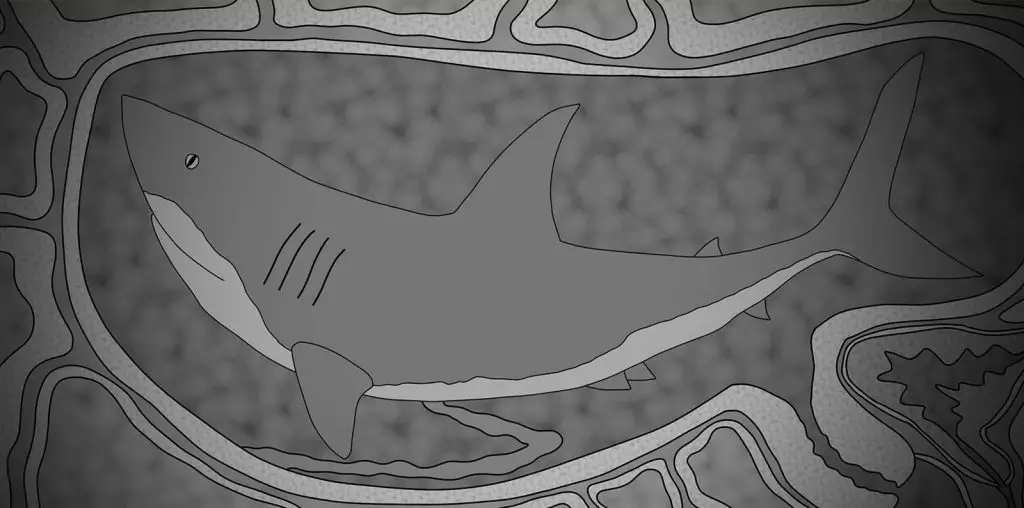
“The Dying Gaul” (Craig Lucas) has neither hero nor villain, only humans. Beyond imperfect, they are complicated thinkers, lovers, dreamers, and performers. Living in 1995’s Los Angeles, cynicism, insecurity, curiosity, and jealousy drive them to exhibit the myriad facets of human behavior. You may want to offer unconditional support to one of them, but this desire proves pointless. The characters of “The Dying Gaul” exist in a psychological drama that doesn’t allow for your complete compassion.
Robert Sandrich (Peter Sarsgaard) is a screenwriter whose agent-lover Malcolm has recently died of TB of the brain. Jeffrey (Campbell Scott), a producer, likes Robert’s script “The Dying Gaul,” but this interest isn’t without fine print. Jeffrey explains that in order to appeal to the largest audience possible, the homosexual couple must be changed to straight men or a heterosexual couple. Robert vehemently protests but a million dollars eventually convinces him to relent. Jeffrey and his wife Elaine (Patricia Clarkson) take Robert under their wing and into their family. Shortly thereafter, a seemingly harmless conversation between Elaine and Robert about chat rooms causes secrets to surface and turns a stint of mind games into disaster.
What’s especially intriguing about “The Dying Gaul” is the way it causes your sympathies to shift from character to character. Initially, you side with Robert, the representative of artists unwilling to compromise their work. Jeffrey is the big, bad producer who may fully comprehend the ideology of the script but prioritizes making money over artistic integrity. He needs to be shown that lowly screenwriters will not be bullied. But this idea or wish from the viewer to ally himself with a character weakens when Robert begins to spend more time with Jeff and Elaine. The story becomes a way to learn more about the characters. It’s not until Elaine goes into a chat room, assumes the identity of a gay man, and discovers something unprofessional transpiring between Robert and Jeff that viewer identification returns. You enjoy watching Elaine mess with Robert’s mind, specifically with the second online handle of ArckAngell1966, convincing him that she is the spirit of Malcolm. With help from thieves and hackers, Elaine gets access to all kind of information from where she can glean details that only Robert would know. As the film continues, though, you start thinking that whatever tragedy Elaine suffers is partly her own fault. Perhaps she is not totally deserving of your empathy.
Moreover, “The Dying Gaul” effortlessly guides your opinion of the characters due to the versatility Peter Sarsgaard displays as a man consumed by grief one moment and driven by ambition the next. How quickly we go from liking to disliking him, how undetectable is the change that Sarsgaard undergoes in portraying Robert. The grand irony is that Elaine is a victim to karma and Robert manages to elude it. He knows when to act the pauper and when to strike to maximize benefits for his own goals. Without anyone to receive your allegiance, without anyone for whom you proclaim with unwavering certainty, “I don’t blame this particular character for acting as s/he did,” you may feel uncomfortable. This powerlessness is the film’s greatest achievement precisely because you literally have no control over what happens to the characters. They are too human for their own good.
